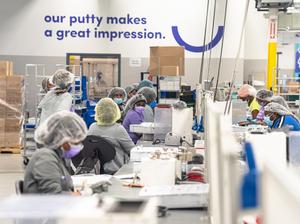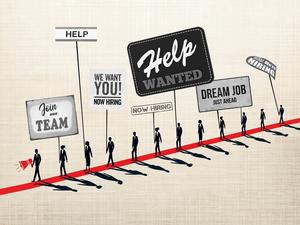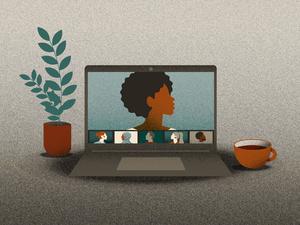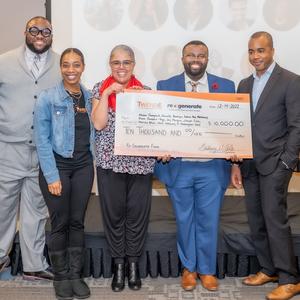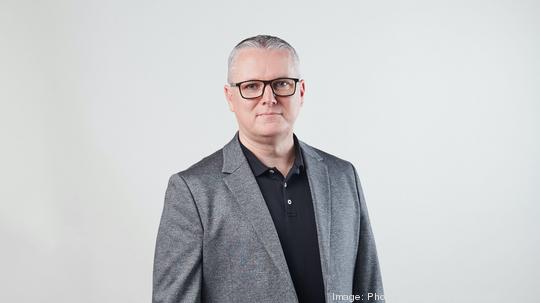
Dan Hunter was employee No. 5 in SmileDirectClub’s Nashville office, which meant he was responsible for hiring many of the more than 2,300 employees that came after him.
But not all of those new hires meshed well with the health-tech startup’s fast-paced culture.
“During the hiring process, [culture fit] was something that we as hiring managers were always looking for, but it’s just difficult to find,” Hunter said. “When you’re in high-growth mode and you’re doing numerous interviews every day or every week, it becomes a bigger and bigger challenge to find that. … I’ve hired people in my past that were technically very astute, and excellent tacticians, but they just weren’t happy in the environment my company offered. We were too fast-paced and they were more of slow and steady. … And that’s no fault of anybody. It’s just a bad fit.”
That “bad fit” is something Hunter is trying to eliminate with the creation of Workzinga — a hiring and job search platform that uses psychology to match job seekers with employers.
The platform is currently in its development phase, Hunter said, and is expected to launch in early 2022.
Hiring has taken on an increased level of importance amid the pandemic as the process has become more virtual and the nation’s labor shortage leaves many industries short-handed. A recent survey by talent acquisition technology provider Jobvite of more than 800 U.S. recruiters found that 78% of recruiters’ priorities have changed in the last 12 months — with improving the quality of hires, creating more time to hire and increasing retention rates among the top priorities for the year.
Hunter, who left SmileDirectClub as its vice president of revenue cycle operations in April 2020, began conceiving Workzinga in the middle of the pandemic, as he and his sister pondered how companies were hiring remote work employees without an in-person meeting.
“If companies are willing to hire people states and states away, how do you interview them? How do you find them? Without a face-to-face interview how do you really get a good sense of the person?” Hunter said. “Having interviewed a lot of people in my career, I can tell you it can be challenging to know who you’re really hiring, or really knowing the company that you’re joining. … There’s got to be a better way.”
So, Hunter consulted his daughter, who recently graduated from Belmont University with a degree in psychology, about how personality tests work and baked that into Workzinga’s platform.
Job seekers on Workinga’s app will create a profile, Hunter said, and — in addition to listing their education and work experience — will complete a personality assessment that identifies the type of cultures in which that person would thrive, the type of leadership they respond too and their values in the workplace.
Companies fill out the same assessment about their own culture, their leadership style and what they are looking for from an employee, he said. Workzinga’s algorithm will then match job candidates and employers based on their responses.
“Kind of think of it as a dating app where you’re looking for matches. You're looking for alignment. Except now, candidates can see just as much about the company as the company can see about the candidates,” Hunter said. “So, both sides understand more about each other before the interview ever happens. … You can have a much more robust conversation about where you are aligned and where there are differences and how you can bridge those differences.”
Hunter said Workzinga, which has beta testers lined up, will be industry agnostic and will work for companies of all sizes. He expects the bulk of Workzinga’s revenue to be driven from employers.
Hunter said he has bootstrapped the company but declined to say how much he has invested. Workzinga, which has 10 employees, plans to raise a round of funding next year.
“I really want to democratize this process so that candidates and recruiters are equally informed about what the other side is offering,” Hunter said. “As an employer, it’s terrible when you bring someone in and you realize six months later it’s just not the right fit. … You don’t blame the candidate, it’s just a bad process. Let’s fix it.”

